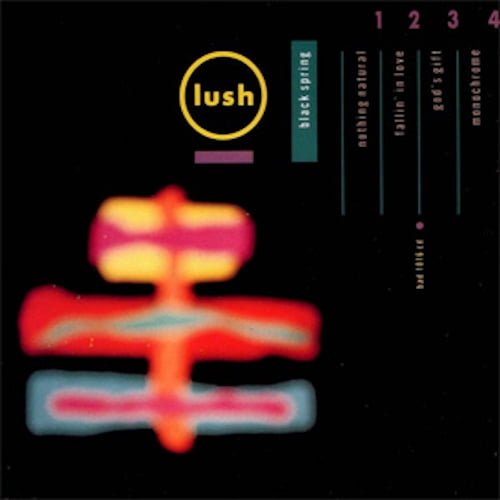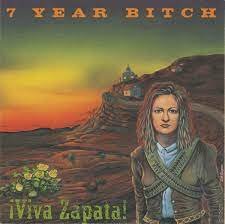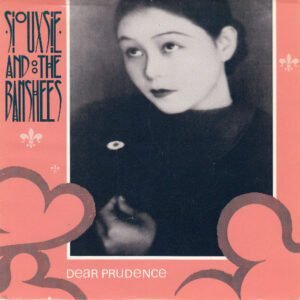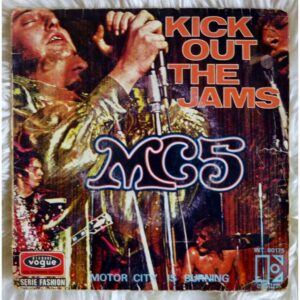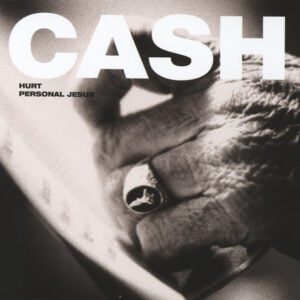Lush – Nothing Natural
Description
Black Spring is the third extended play by the English alternative rock band Lush. It was released on 7 October 1991 on 4AD. The opening track, “Nothing Natural”, was released as a single with the B-side “God’s Gift”. Several other songs were included on the EP, including a cover version of “Lady” by Dennis Wilson.
Produced by Cocteau Twins guitarist Robin Guthrie, Black Spring was the result of several months of writing by Lush. The band originally intended to release a full-length studio album in spring 1991, but found themselves with little material after the release of their 1990 EPs. Lush recorded Black Spring at September Sound in London in September 1991, experimenting with their guitar and drum sound using sequencers and MIDI.
Upon its release, Black Spring reached No. 2 in the UK Independent Singles Chart, and “Nothing Natural” peaked at No. 43 on the UK Singles Chart. The EP was followed by a national British tour, during which bassist Steve Rippon left the band and was replaced by Phil King.
Background and recording
Between 1989 and 1990, Lush released the mini album Scar, as well as two EPs—Mad Love and Sweetness and Light—that were compiled and released on the compilation album Gala in November 1990. Receiving unanimous acclaim, Gala was due to be succeeded by a full-length debut album in spring 1991. However, Lush found themselves in a situation where they only “[had] about two and a half songs”. Vocalist-guitarist Miki Berenyi attributed the lack of output to the sheer amount of material released between 1989 and 1990, explaining in Sounds in January 1991: “Having released Sweetness and Light with two extra songs on it, we’re again left in a position where we haven’t got any songs.” She further said that “most bands have been going a fair amount of time and have built up a set”, whereas Lush had not and didn’t feel like writing an album’s worth of new material unless it was “a more coherent body of work”.
By summer 1991, Lush had composed up to 21 new songs, and hinted at new material, expressing an interest in experimenting with drum machines, sequencers and MIDI equipment. Guitarist Emma Anderson said the band were attempting to become more “technically minded” and create “some more interesting sounds” without sounding overproduced. Lush began recording Black Spring in September, choosing Guthrie as a producer; he had produced Mad Love for the band in 1990. The recording sessions were held at September Sound, Guthrie’s own recording studio in southwest London, with Guthrie and assistant engineer Mitsuo Tate.
Guthrie’s contributions to Black Spring included extensive use of compressors and gates, and recording the majority of Anderson and Berenyi’s guitar tracks via DI units instead of using the traditional method of using microphones to record the guitar amplifiers. Occasional microphone-recorded guitar tracks were used during the sessions; Berenyi’s Mesa Boogie Mark IV combo amplifier was recorded in mono and Anderson’s was recorded in stereo. The band chose not to record both guitarists’ tracks in stereo as “it would be too much” considering the amount of delay used.


